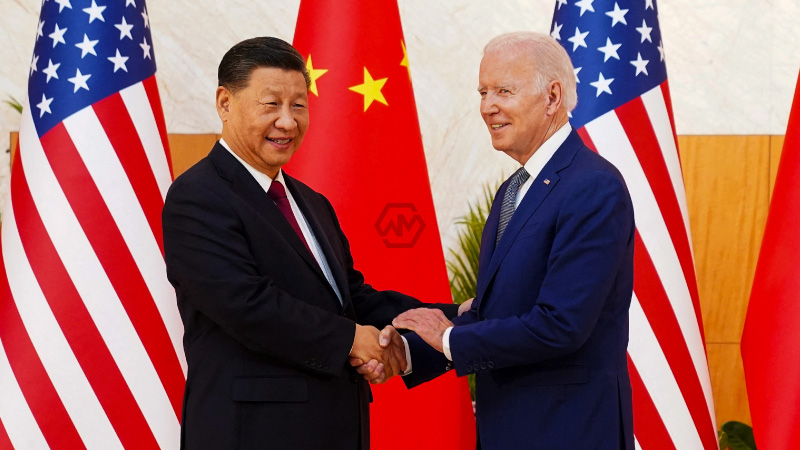In less than five months, US Secretary of State Antony Blinken will travel to China. This will be the first time a US secretary of state has been to Beijing since October 2018.
The purpose of the trip is to repair diplomatic ties and settle public disputes between the two world superpowers. Foreign Minister Qin Gang expressed concern over the recent deterioration in relations as a result of China’s ambivalent reaction to the Blinken visit.
Important US-China Negotiations
Although the US has downplayed any big announcements made during the visit, if the meeting results in additional communication between US and Chinese officials, both sides could benefit.
With curbs on US computer chip shipments to China to preserve US leadership in cutting-edge electronics technologies, the US is simultaneously attempting to settle trade disputes between the two countries. The largest US manufacturer, Micron, has been prohibited from selling computer memory chips in China as well.
- China’s ambivalent response to Blinken’s visit deteriorates relations.
- US downplays visit announcements, potential communication benefits both sides.
- War prevention prioritized; China considers Ukraine’s weaponry supply.
The export of chemical components made in China that are used to generate the synthetic opioid fentanyl, which has more than tripled drug overdose deaths in the US over the past seven years, is something the US wants to restrict.
War prevention is another important area of focus for both parties. Following the balloon incident, there were rumors that China was considering supplying Russia with weaponry for use in the conflict with Ukraine.
Despite the US government’s retreat from these allegations, Blinken will reiterate Vienna’s warnings to China that providing Russia with military and financial support would have grave repercussions.
Over the Taiwan Strait and the South China Sea, US and Chinese warships have been engaged in a high-stakes naval battle. The journey might be successful if only communication lines are opened, preventing an incident from escalating into a military war.



